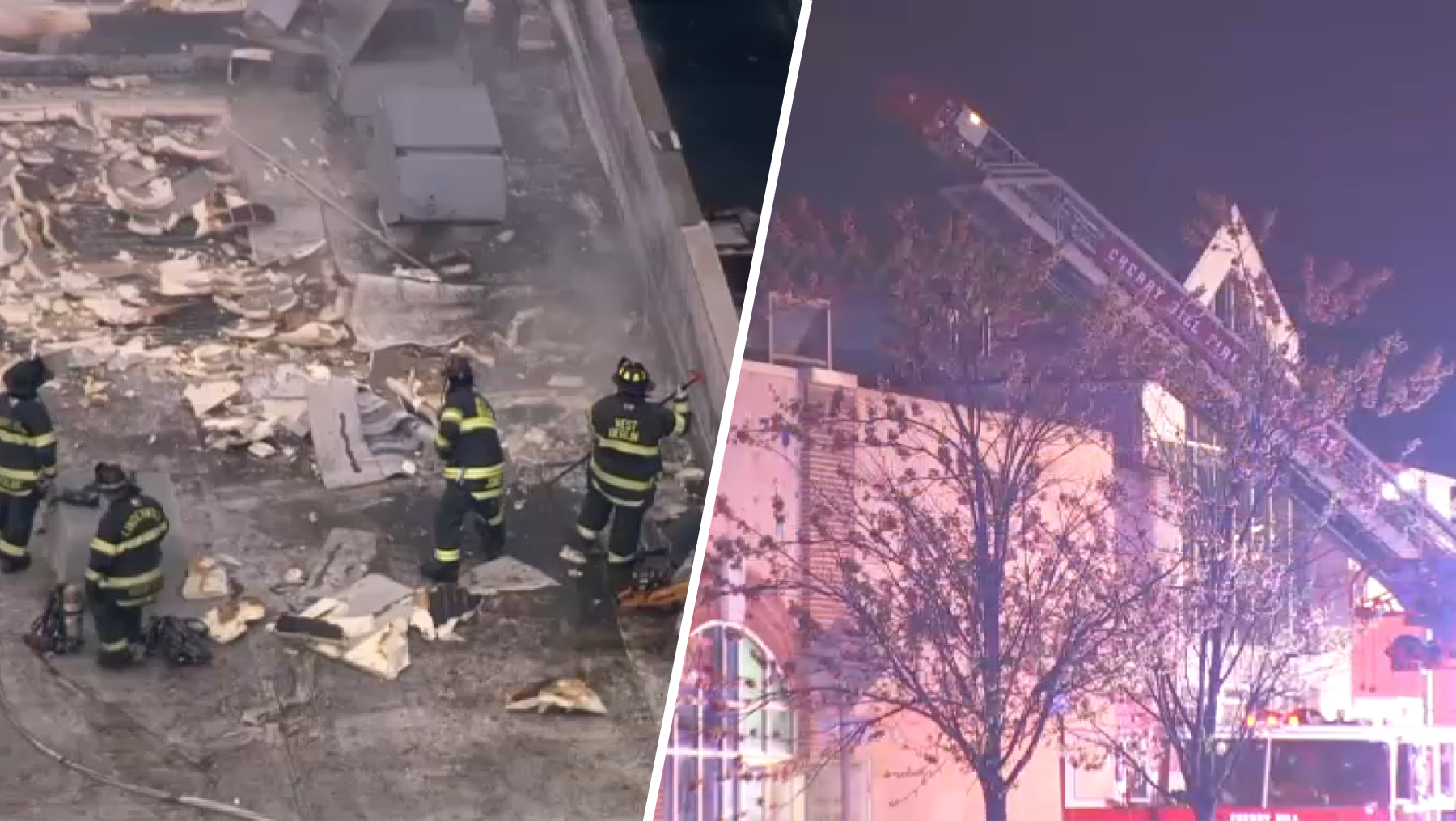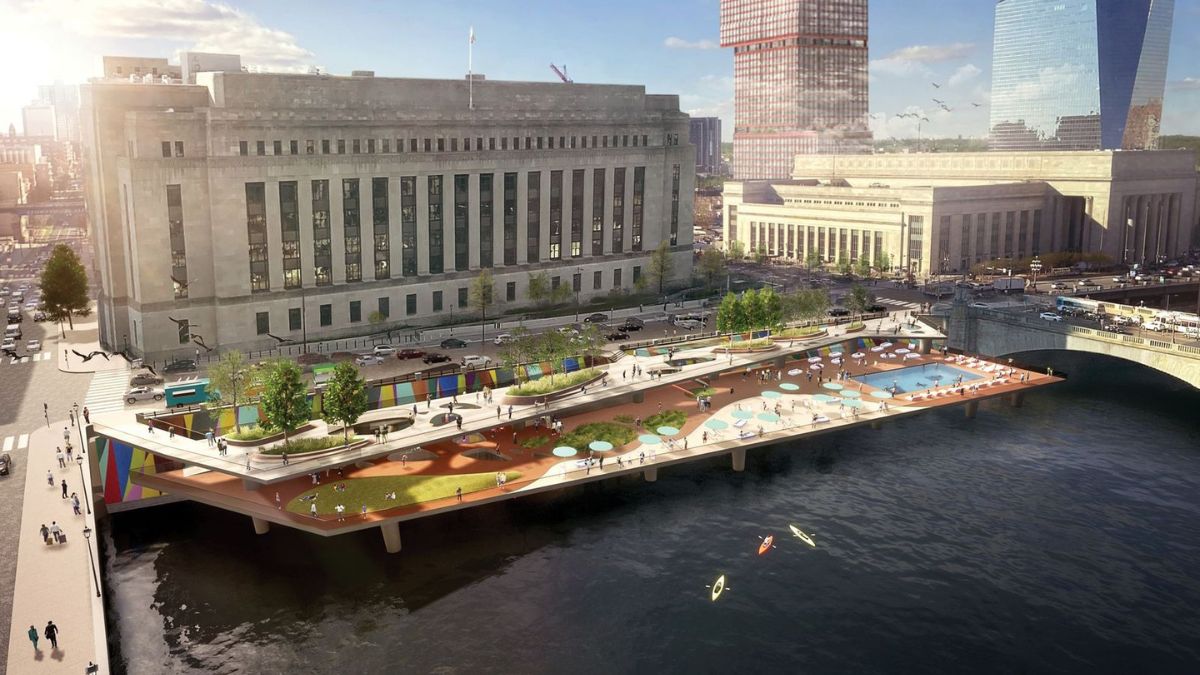When Jerry Ratcliffe was a British police officer in the 1980s, he carried a homemade device in his cap that allowed him to open a locked car door in the event of an emergency.
"I could do it in 15 seconds. It was like magic. But then, they started making it so the door lock recedes below the door frame. They changed the design. It became harder to break into cars," said Ratcliffe, now one of Philadelphia's top criminologists and a professor at Temple University. "You see less car thefts because opportunity has gone away."
Fast forward to Philadelphia in 2020. Homicides on Wednesday reached the third-highest single-year total in the last 60 years of record-keeping. Shootings are up 60% year over year. Yet most other types of violent and property crime have fallen.
Get Philly local news, weather forecasts, sports and entertainment stories to your inbox. Sign up for NBC Philadelphia newsletters.
Ratcliffe believes that opportunity is one of the biggest drivers of crime.
In Philadelphia this year, he points to a convergence of factors that has presented more opportunities for using firearms while providing less chances to commit other types of illegal activity.
"The best way to understand crime is the change in opportunity, which has come about by wholesale changes during the course of 2020," Ratcliffe said in an interview with NBC10 on Wednesday.
Here are some factors that Ratcliffe believes may be contributing to the increase in shootings and slayings:
- Less police presence: Philadelphia officers are less present on the streets because of COVID-19 cases in the ranks, more cops assigned to handle protests and civil unrest, and a shift away from community-based policing in recent years.
- Less proactive policing: Many officers may be less willing to risk their job to make a stop or arrest with their occupation in the spotlight more than ever.
"'Why would I engage in pro-active work when people are looking for me to make a mistake?'" Ratcliffe said of thoughts cops may be having. "'Why do a stop and have 10 cameras come out looking for me to get fired?'"
He added that legislation in Philadelphia City Council that would make it harder to make certain traffic stops could also have a chilling effect.
"A whole range of signals, some more significant than others, that officers are receiving says that we don’t want the police to engage in as much pro-active work," Ratcliffe said. - More confidence when illegally carrying a gun: Those who are already the most likely to carry a firearm illegally in Philadelphia are likely receiving signals themselves these days, Ratcliffe said, stemming from fewer police stops both on the corner and in cars. That would lead to those people feeling more emboldened to carry a gun.
"Just the access to firearms increases the chances of using it," he said. "For instance, a person goes down to the corner store. They're not thinking about using their gun. But now, they're more likely to have it on them when they run into someone they have a beef with. The opportunity structure that we're really talking about here is if people don’t feel any consequences to carry firearms, they’ll carry firearms and then they’ll use them."
The logic also applies to a crimes like a residential burglary, he said. That type of crime is down 25% in Philadelphia this year compared to 2019.
Local
Breaking news and the stories that matter to your neighborhood.
"Residential burglaries are down because more people staying at home. Generally, burglars don’t like to break in to homes when people are home," Ratcliffe said. "Conversely, commercial burglary is way up. More businesses are closed so they are easier to break in."
He added that the steep increase in commercial burglaries in Philadelphia could also likely be attributed to the looting that occurred in the city during periods of civil unrest this year stemming from the police shootings of George Floyd and Walter Wallace Jr.
"COVID-19 has largely changed the structure of our society," Ratcliffe said. That has changed the opportunity structure, which is the one big cause of crime."
Shootings are also going unsolved in Philadelphia at a high rate, and it's been like that for years. Just one in four shootings have led to arrests since 2016, according to department statistics.
Separating out fatal shootings, and the percent of cases ending in an arrest drops to 16%, the statistics show.
Philadelphia Police Deputy Commissioner Ben Naish said police are overwhelmed with the surge in shootings. He too blames COVID-19 and the summer’s civil unrest.
“I think it’s fair to say there became this sense of lawlessness,” Naish said.
The city's Office of Violence Prevention is trying to revitalize the relationship between authorities and the community. Shondell Revell, the office's executive director, said the work is slow but steady.
“We can’t solve all the violence but what we can do and what I think we are doing well is empowering people - one block at a time,” Revell said in a recent NBC10 interview.



